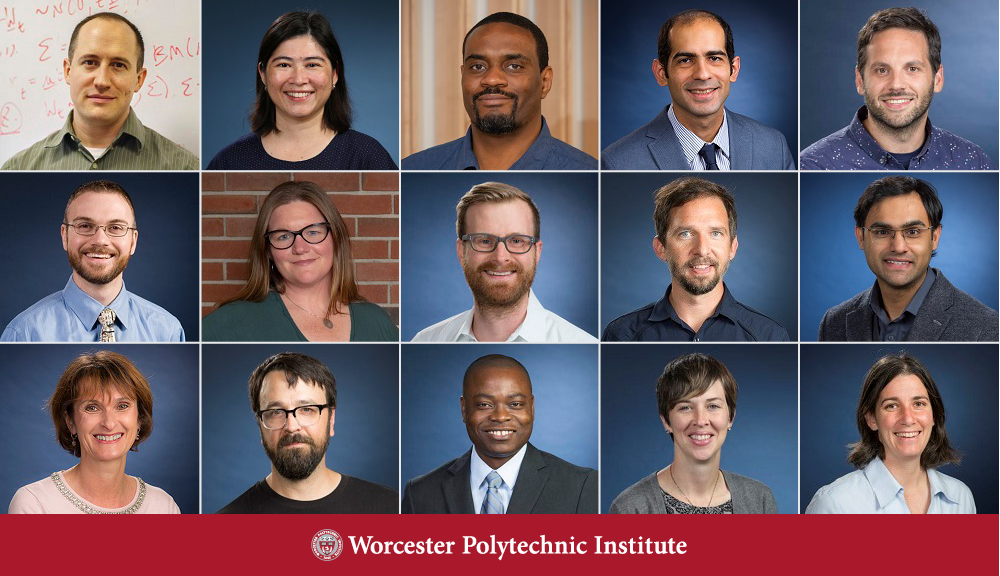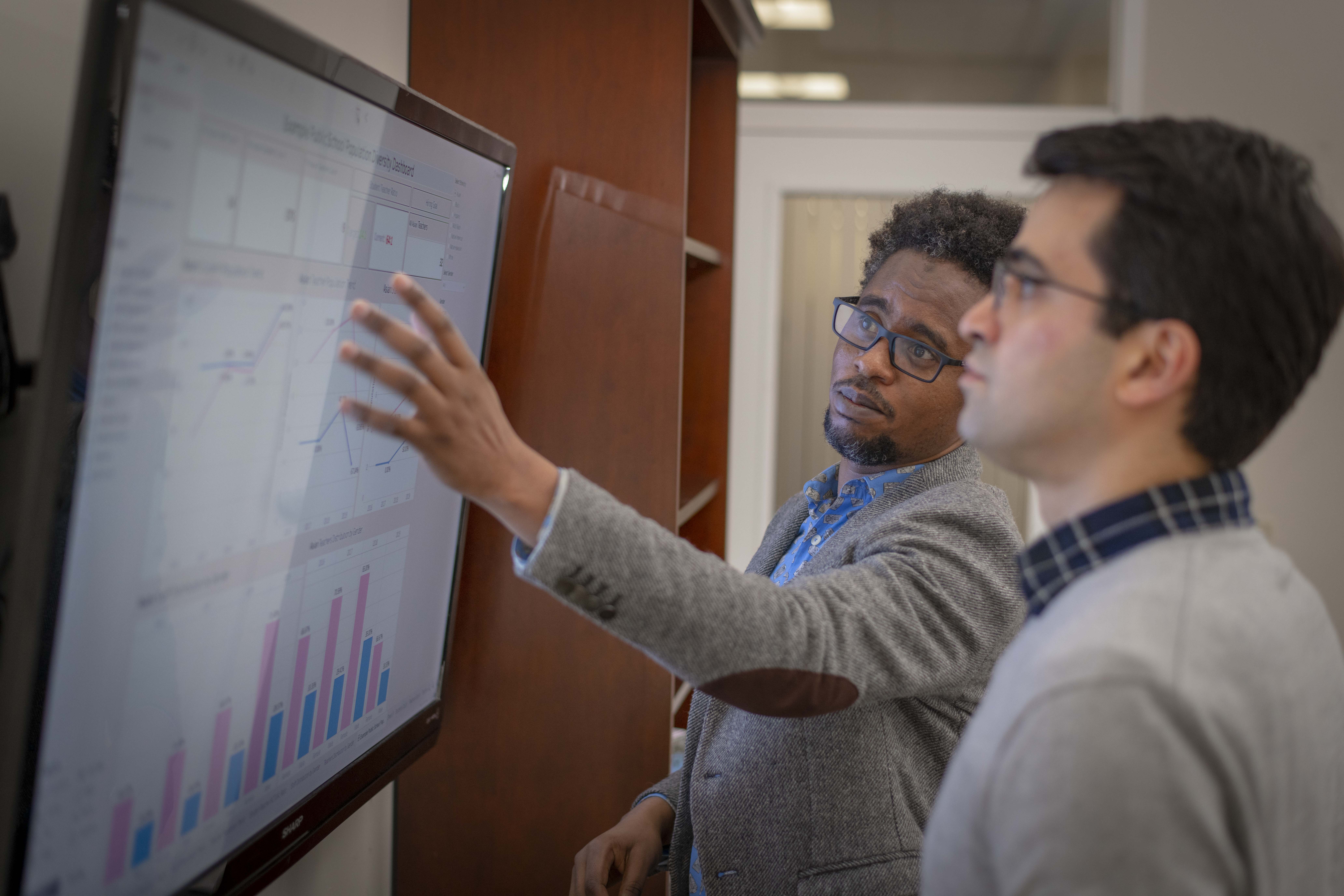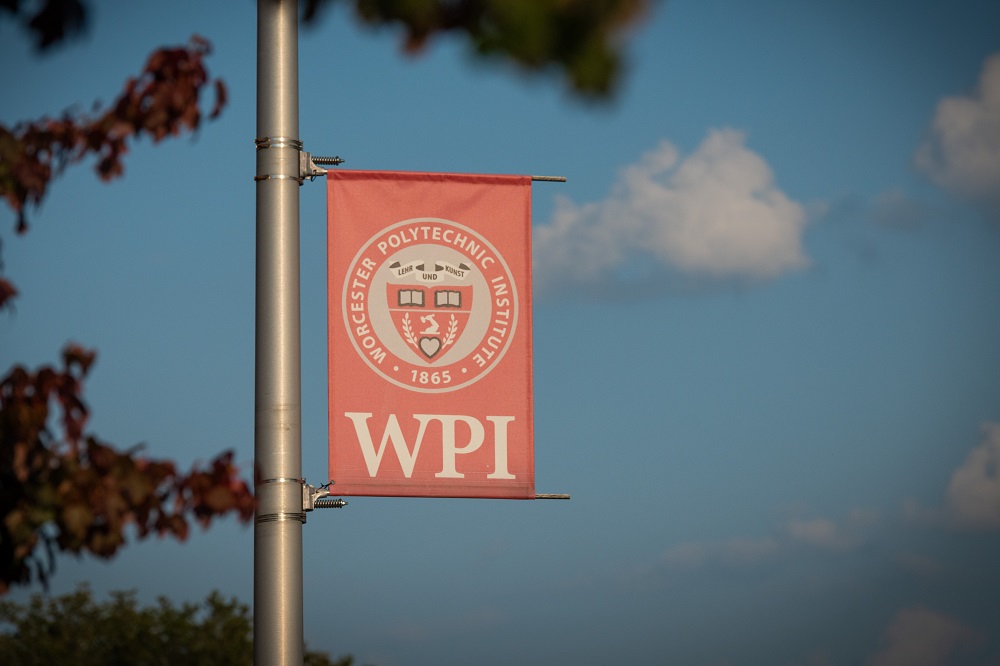_rdax_300x199.jpg)
Worcester Polytechnic Institute (WPI) today announced that it is launching a part-time Master of Science in Electrical and Computer Engineering available through online course offerings, making the university one of the first in the country to offer such a program.
The curriculum will be focused primarily toward professionals who are currently working in electrical engineering and related fields. This program is designed for maximum flexibility with the same level of quality experienced by WPI’s full-time students.
"WPI is pleased to offer our graduate education online," said Professor Yehia Massoud, who heads the Electrical and Computer Engineering Department. "This provides students with the freedom to choose the delivery format that works best for them."
Advanced courses are available in areas of specialization, such as Analog Circuit Design, Digital Design, Power Systems Engineering, and Systems Engineering. The program is aimed at imparting a solid understanding of digital and analog signal processing, computer architecture, analog circuits, integrated circuit design, power electronics, advanced solid state devices, and radio frequency and microwave engineering.
This online program utilizes state-of-the-art technology and learning tools, incorporates real-world, project-based learning, and is taught by a team of multi-disciplinary, world-class researchers.
WPI is recruiting students for a fall 2014 launch of the course.
About Worcester Polytechnic Institute
Founded in 1865 in Worcester, Mass., WPI is one of the nation’s first engineering and technology universities. Its 14 academic departments offer more than 50 undergraduate and graduate degree programs in science, engineering, technology, business, the social sciences, and the humanities and arts, leading to bachelor’s, master’s and doctoral degrees. WPI’s talented faculty work with students on interdisciplinary research that seeks solutions to important and socially relevant problems in fields as diverse as the life sciences and bioengineering, energy, information security, materials processing, and robotics. Students also have the opportunity to make a difference to communities and organizations around the world through the university’s innovative Global Projects Program. There are more than 35 WPI project centers throughout North America and Central America, Africa, Australia, Asia, and Europe.


